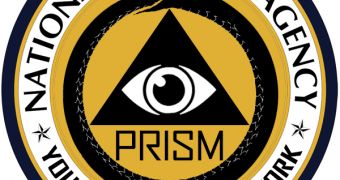The NSA has been saying for months that it only collects metadata, making it look like it’s nothing. A new study shows just how much information metadata contains and what this can be used for.
Of course, this isn’t the first time it’s been said that even such information can help the NSA form a rather clear picture about an individual, but this time, it comes from the scholars of Stanford University.
So what did they say that the National Security Agency could do with the information they collected? Well, they can identify people, for one.
Stanford researchers Jonathan Mayer and Patrick Mutchler believe that the agency does not need to collect names to identify someone. They have created a smartphone app, called MetaPhone, where Android users could volunteer to sign up and give the researchers access to their metadata. Their assumption that they could find users based on this type of information was correct.
“We randomly sampled 5,000 numbers from our crowdsourced MetaPhone dataset and queried the Yelp, Google Places, and Facebook directories. With little marginal effort and just those three sources – all free and public – we matched 1,356 (27.1%) of the numbers. Specifically, there were 378 hits (7.6%) on Yelp, 684 (13.7%) on Google Places, and 618 (12.3%) on Facebook,” the pair wrote.
“What about if an organization were willing to put in some manpower? To conservatively approximate human analysis, we randomly sampled 100 numbers from our dataset, then ran Google searches on each. In under an hour, we were able to associate an individual or a business with 60 of the 100 numbers. When we added in our three initial sources, we were up to 73,” they added, proving that the NSA could do so much more with metadata than it would like everyone to believe.
They found, while conducting the experiment, that one of the main issues was money, which pushed them to run the numbers with a cheap service. “Between Intelius, Google search, and our three initial sources, we associated a name with 91 of the 100 numbers,” they said, suggesting that if they had the kinds of funds that the NSA did, pinpointing all those numbers would be even easier.

 14 DAY TRIAL //
14 DAY TRIAL //